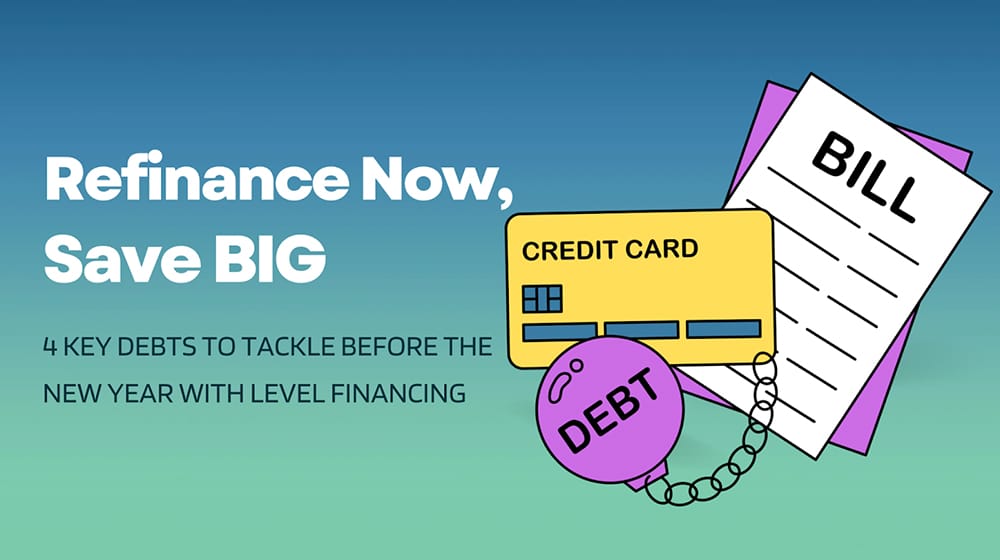Loans can be beneficial when your current cash availability is too low to cover certain expenses. People use them for various reasons, from home improvements to car repairs.
However, banks and other loan providers sometimes make life challenging for applicants. They look at factors before deciding whether to approve a loan request and what interest to charge.
One of these factors is the applicant’s credit score, which lenders use to evaluate the applicant’s creditworthiness. This article will focus on your chances of getting a loan with a low credit score and what are the best alternatives.
What is a Credit Score?
A credit score is calculated based on the information in credit reports compiled by bureaus like Equifax, Experian, and TransUnion. Its purpose is to give a numerical representation of an individual’s creditworthiness. Generally, credit scores range from 300 to 850. Based on data provided by Experian:
- a credit score between 800 and 850 is considered exceptional;
- a credit score between 740 and 799 is considered very good;
- a credit score between 670 and 739 is considered good;
- a credit score between 580 and 669 is considered fair;
- a credit score between 300 and 579 is considered poor.

How Does My Credit Score Impact the Success of My Personal Loan Application?
Some banks are very clear on the minimum credit score required for a personal loan application to be considered. For example, CNBC reports that Happy Money only considers loan applications from borrowers with a credit score of 640 or higher.
However, for most banks, your credit score is just one of the several factors to evaluate before deciding whether to accept your loan application. If you score very well on other criteria, your application may be successful even if your credit score is very low.
Here are some other criteria used by lenders to evaluate your personal loan application.
Your current income – All other factors being equal, the higher your income, the higher the chance a lender will approve your personal loan application.
Your debt-to-income ratio – This value symbolizes the percentage of your monthly income that goes toward debt repayments. A lower debt-to-income ratio increases the chance a lender will accept your application.
Your liquid assets – Many banks will also consider the amount of money you have in cash and liquid assets when deciding whether to give out a loan or not.
How Does My Credit Score Impact the Interest Rate I Will Pay on My Loan?
In the event lenders approve your loan application, your credit score may have a significant impact on the interest rate that you will pay.
The interest rate on those with a credit score below 690 tends to be higher than 17.80%. Those with a credit score below 630 may pay up to 32%
When the interest rate your bank asks is particularly high, you should ask yourself whether taking out a personal loan is worth it. High interest rates make it easier to fall into a debt trap, that is, when you need to accumulate new debt just to pay your older one.
If you have accumulated too much debt, you should first consider enrolling in debt management or a debt settlement plan before taking out new loans.

What Lenders Offer The Best Conditions to Those with a Low Credit Score?
Typically, online lenders tend to be a better option for those applying for a personal loan with a low credit score. That’s because online lenders have lower overhead costs than traditional banks and can afford a lower interest rate, all other factors being equal.
They also tend to have friendlier and more responsive online customer support, which is ideal when you want to ask many questions before sending the actual loan application.
What Are My Options When My Score is Too Low?
When all the personal loan applications you sent turn out to be unsuccessful, there are other alternatives you can consider. Here is the most popular one.
Secured personal loan – A secured personal loan is a loan backed by an asset such as a car, house, or savings account. When you approach a lender for the said loan, they are less likely to consider your credit score as a deciding factor, as the loan is secured with the asset you provide as collateral.
Home equity loan – If you are a homeowner, then you can use the equity of your home to take out a loan. A home equity loan usually charges a lower interest rate than unsecured personal loans, and may be easier to obtain for those with a low credit score.
A payday loan – If you don’t want to use any collateral, then a payday loan is an option. This type of loan is usually short-term and has very high interest. Only use it if you’re sure that you can pay it back within the agreed timeframe and don’t have any other options.
Peer-to-peer loan – Peer-to-peer loans involve direct lending from individual investors to borrowers, who are then able to access the funds for their needs. Interest rates, loan terms, and other conditions are usually negotiable, so this type of loan is a good option if you have a low credit score.
Life insurance policy loan – You can also use your life insurance policy as collateral for a loan. This type of loan is interest-free, and the repayment will not affect your credit score. However, if you default on the loan, the insurance company can use your policy to pay off the loan.
Asking family or friends – If you feel uncomfortable using a loan, you can always ask family or friends for money. Money borrowed by family or friends is not reported to the credit bureaus, so it won’t affect your credit score. However, this should be used as a last resort since borrowing from family or friends risks damaging relationships if you cannot repay them.





